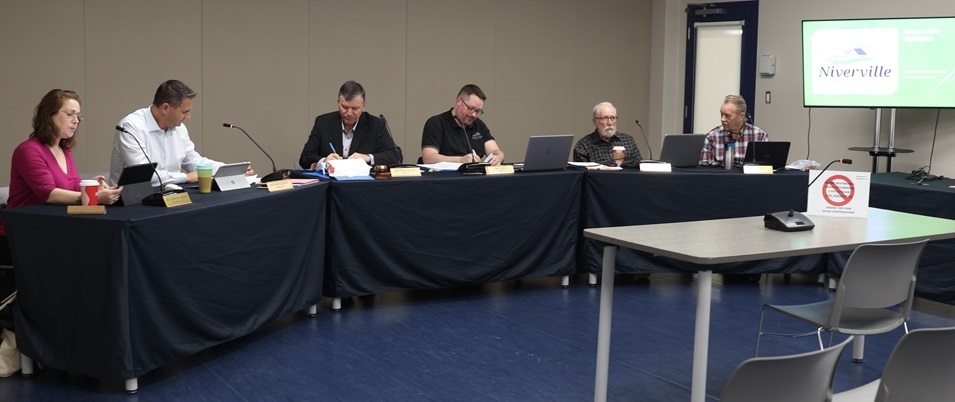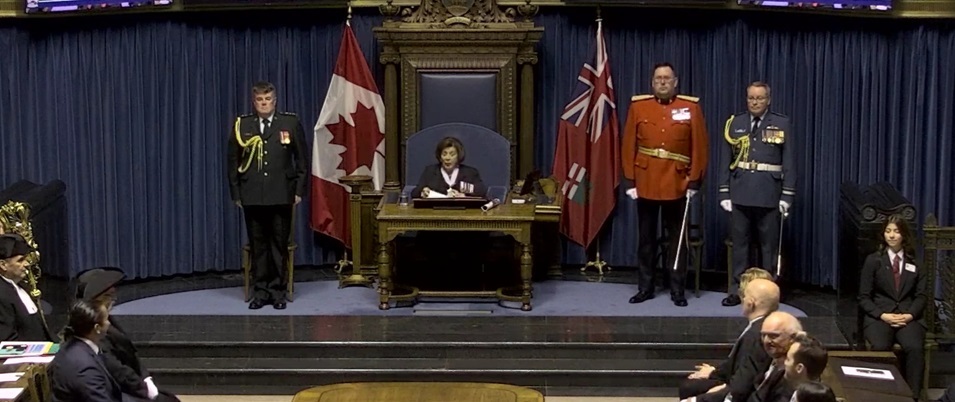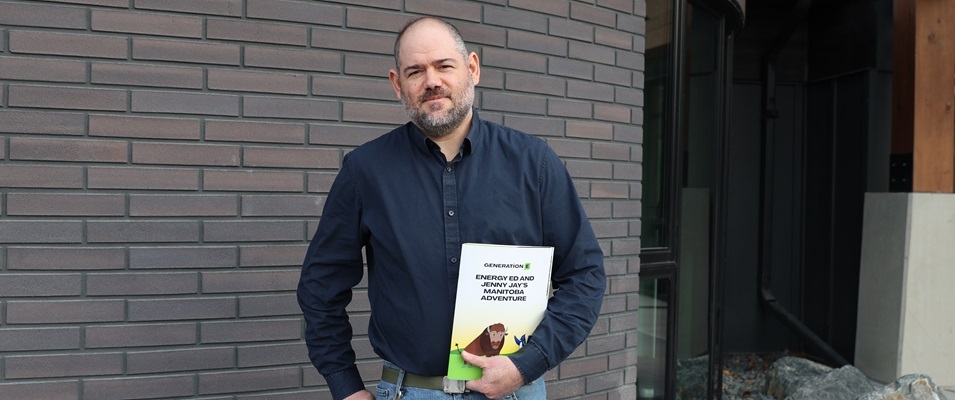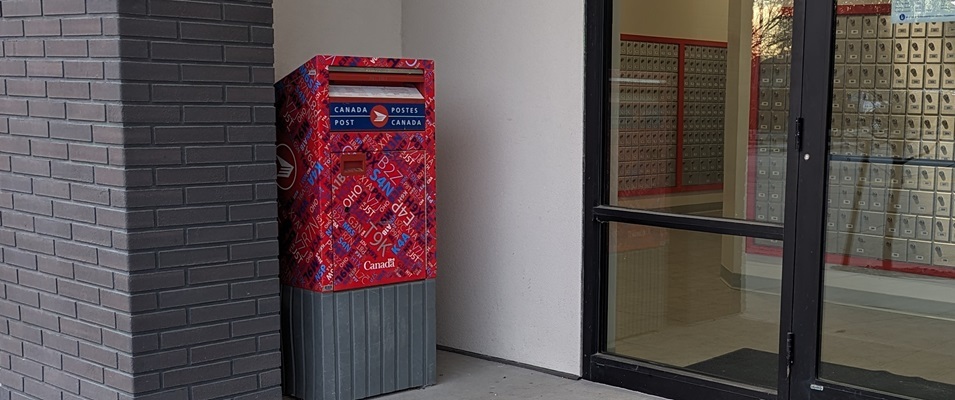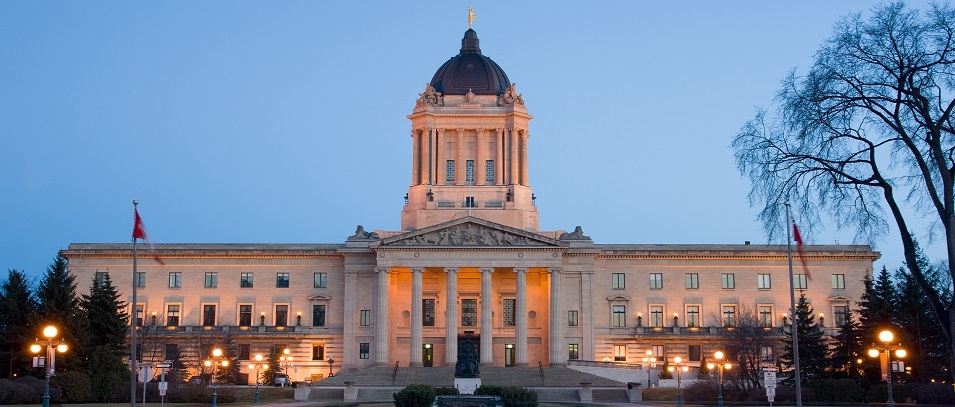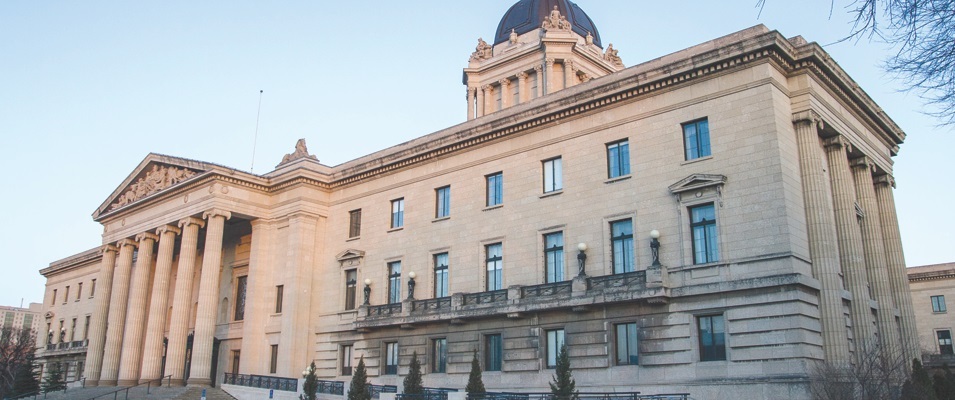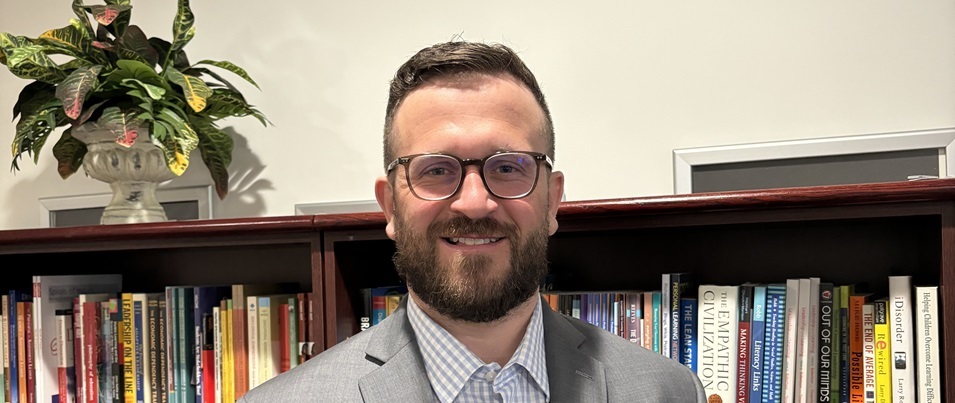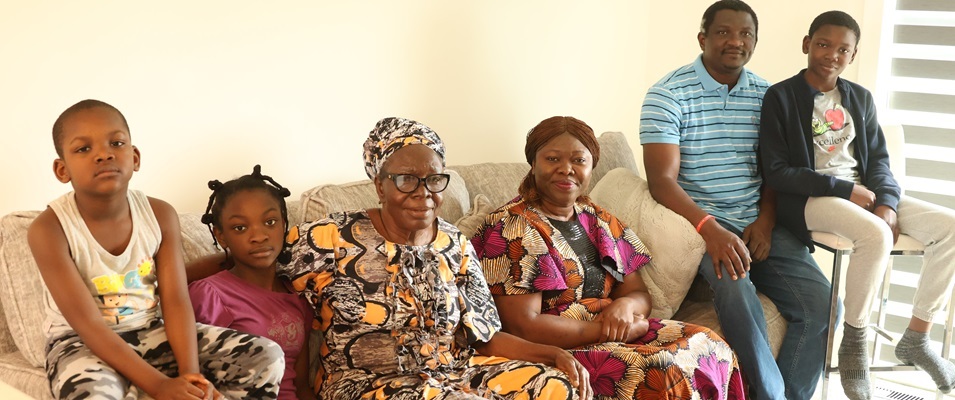
This is the fourth in a series presented by The Citizen exploring the lives of newcomers to southeastern Manitoba. Everywhere we look, new and diverse faces surround us. It’s time to get to know our neighbours and welcome them to our communities.
When Manitobans think of their province on a global scale, the first thing to come to mind may not be its people’s expansive worldview—but for Bukola Opedayo Okubule, who goes by Dayo, and her husband Yemi, that is exactly what attracted them to this place.
In April 2022, the Nigerian couple and their three children landed on Canadian soil for the first time. Today they make their home in Niverville.
There was nothing accidental about their migration route or final destination.
“Before coming to Canada, we knew we were looking for a community where we’d be able to forge ties,” Dayo says. “I was born in a small town, so I grew up in community. Coming here, I wanted my children to know the feeling of a small town where they can actually connect with people.”
Prior to their move, Dayo and Yemi didn’t have the slow-paced small-town experience they sought. Instead they raised their three children in the nation’s capital of Lagos, a city of nearly 21 million people.
Dayo has a master’s degree in law and worked for an agency of the Nigerian government. Yemi has degrees in electrical engineering and computer science. He worked in Nigerian banks as an IT auditor.
In Nigeria, all the good jobs are found in the city.
“It was very stressful,” Dayo recalls. “The traffic situation is terrible. You leave your home at 5:00 a.m. to get to work because of traffic and you come back maybe 11:00 p.m.”
As well, she says, Nigeria is still a developing country with limited opportunity. Opportunity was the second dream they sought for their growing children.
They had no difficulty getting buy-in from the kids to relocate somewhere else. They all loved to travel.
Canada wasn’t necessarily on the couple’s radar from the start. After taking time to research their options, though, Dayo says that Canada emerged as one of a few countries that provided very clear immigration policy right on their website.
Specifically, they learned that Canada has an express immigration program for skilled workers.
To qualify, Dayo says they had to be fluent in English. Knowledge of French was a bonus. Their postsecondary degrees made them strong candidates.
“You don’t have to contact any agent or anybody to help you,” Dayo says. “It’s something you can do all by yourself. All the requirements are there, and points are allocated for each of the criteria. You can throw it all into the [online] calculator and know where you stand before you even start the [immigration] process.”
Canada also checked all their boxes in terms of cultural diversity.
“Canada is a melting pot of different cultures,” says Dayo. “Even here in Niverville, you see people of Asian origin and many different backgrounds. It enables you to have a [bigger] worldview of things. Back in Nigeria, it’s essentially homogenous.”
Once accepted by Canada’s federal immigration program, Dayo says they had the option to choose to settle in any provinces except Quebec. Once again, the compared the provinces’ immigration policies. Manitoba’s fit with what they were looking for.
“We wanted to live in a province that would support our immigration plan of family members who wish to come to Canada,” says Dayo. “At that time, Manitoba was the only province that offered that.”
In time, Dayo and Yemi hope that their extended Nigerian family will come to join them.
“That way, we don’t have to travel all the time to go and see family members and the kids are not completely cut off from their roots.”
When Dayo and Yemi arrived in Winnipeg, they took up residence in an Airbnb. They set out to find jobs and, within the first month, Yemi was accepted for employment by a subsidiary of Bell MTS.
Dayo immediately registered with the University of Manitoba in order to complete its law program, which would allow her to practice in Canada. At the same time, she began searching for the perfect small town in which to make their permanent home.
“I was looking out for the most progressive small town and Niverville kept popping up,” she says. “We also could find rental [housing] there as opposed to other communities.”
New to town, Dayo was overjoyed to land a job at the Niverville Credit Union.
“It was a nice experience knowing that I could get a job right in town,” Dayo says. “It showed acceptance for me. There’s no greater acceptance than that.”
Since then, she’s moved on to work for the Canadian government. Dayo works from home for the Canadian Intellectual Property Office based out of Quebec.
Dayo’s and Yemi’s older children, ages 14 and 10, are enrolled in Niverville schools. The youngest, who just turned five this year, is enrolled at École Héritage, a French immersion school in St. Pierre-Jolys.
Dayo, Yemi, and the rest of the family are enjoying their new home in a neighbourhood they describe as warm and welcoming.
Their daughter is finding ways to explore her love of dance and art.
The oldest son is actively involved in sports, with an affinity for basketball. He’s also registered with the army cadet program in St. Pierre-Jolys and volunteered his time this summer at a Vacation Bible School run by a local church.
For Dayo, volunteerism is important. It’s something she hopes all her children will be active in. Dayo models this through her own volunteer efforts with the Manitoba Interfaith Immigration Council of Winnipeg.
It’s here that Dayo’s family have made important connections with many other families of Nigerian descent.
But even in her new hometown, Dayo says it’s exciting to walk down the street and meet so many other African immigrants who call Niverville home.






